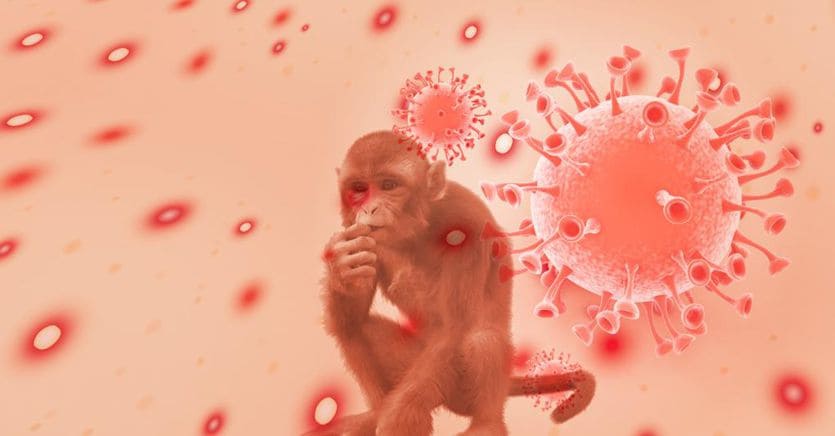“Europe remains the epicenter of the escalating monkeypox (Monkeypox) epidemic with 25 countries reporting more than 1,500 cases, or 85% of the global total. The extent of this outbreak represents a real risk: the longer the virus circulates, the more it will extend its reach and the stronger the foothold of the disease will become in non-endemic countries ». This is the declaration of the WHO Europe regional director, Henri P. Kluge, who added: «Governments, health partners and civil society must act urgently and together to control this outbreak.
According to Kluge, there are three basic steps: the first is enhanced surveillance, with contact traceability and infection prevention and control; the second step to curb transmission is the intensive involvement of the population and clearer communication; the third is “a genuine and disinterested regional collaboration, urgent both now and in the long term”.
Just yesterday, WHO announced that next week it will convene an Emergency Committee to assess whether the current spread of monkeypox in non-endemic countries constitutes a public health emergency of international concern.
And again yesterday the European Commission finalized a contract for the purchase of 110 thousand doses of the vaccine against Monkeypox, to be delivered starting from the end of June. This was announced by the EU Commissioner for Health Stella Kyriakides: “This is a clear signal that the Hera agency (the European Authority for the preparation and response to health emergencies) can respond effectively to health threats”.
Compared to the Covid-19 vaccines, which were purchased by the Commission but paid for individually by individual EU countries, the contract for the monkeypox vaccine will initially be financed under the common budget of the European Union. “This is the first time we have used EU funds to buy vaccines that we can then distribute to member states,” said Stella Kyriakides, and she demonstrates the power of collaboration and “to have the structures in place so that we can respond immediately. to a crisis like the one we have now ».
